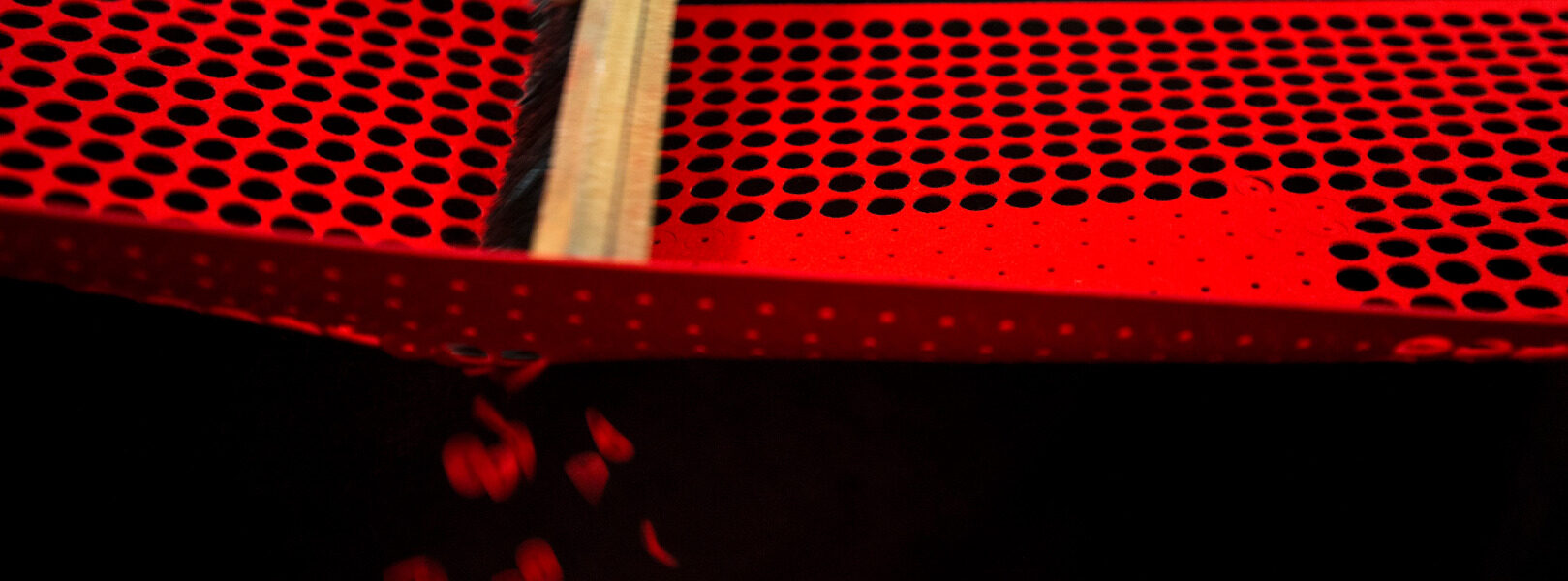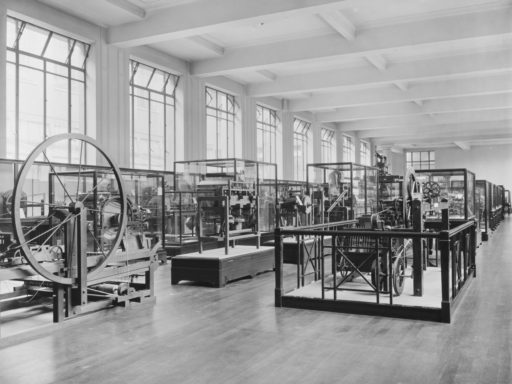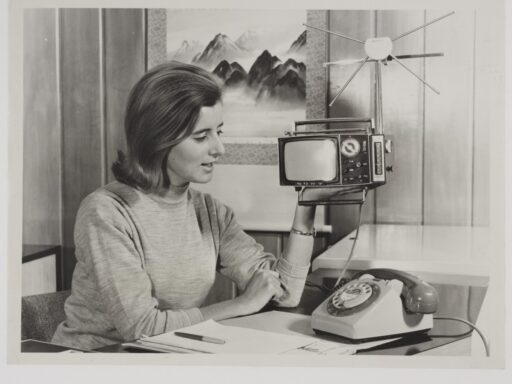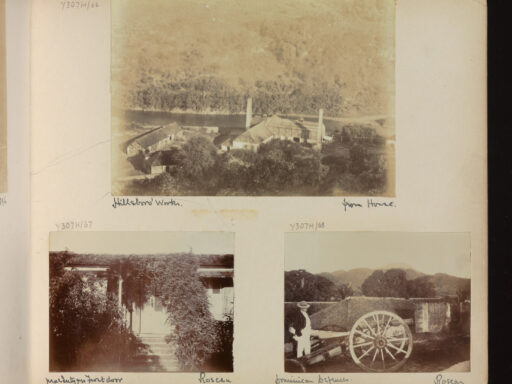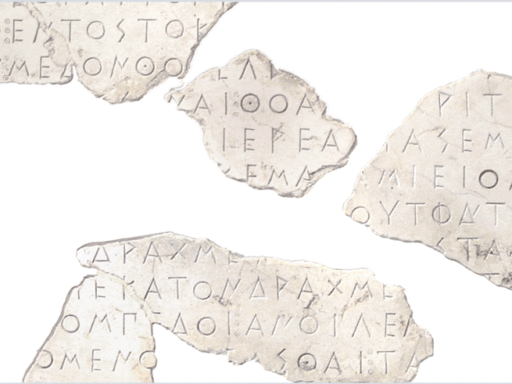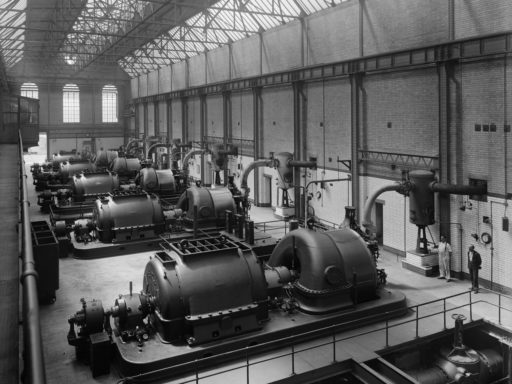We start 2023 with a double-sized special issue showcasing the Congruence Engine project. Part of the Arts and Humanities Research Council (AHRC) Towards a National Collection suite of discovery projects, Congruence Engine explores how linking the nation’s collections using digital tools can enable new kinds of research and practice. Like the project itself the issue is experimental, exploring new forms of writing, collaborative authorship and article formats. Guest-edited by Tim Boon the project lead, with Simon Popple and Katerina Webb-Bourne, the 18 papers include scene-setting pieces from academic leads in the history of textiles (Will Ashworth), communications (Jon Agar), energy (Graeme Gooday) and digital humanities (Jane Winters), ably supported by members of the working groups for each project thread. There are also conversation pieces where project collaborators come together to discuss key words for the project (Arran Rees, Anna-Maria Sichani, Stefania Zardini Lacedelli) and perspectives on community and forms of knowledge (Simon Popple, Stefania Zardini Lacedelli, Arran Rees, Stuart Prior, Maggie Smith). Some authors contribute their individual skill and perspective (for example Tim Smith’s beautiful photographic essay on the contemporary textiles industry, Paul Craddock’s film of an operating piece of historic textiles machinery, Daniel Wilson’s discussion of working with data at scale, John Stack and Jamie Unwin’s discussion of the potential role of machine learning in the project, or Asa Calow’s survey of its future potential). Others explore what it means to come together within the project, for example how Historic England preservation work finds parallels with the curatorial business of acquiring big industrial objects (Wayne Cocroft and Ben Russell) or what can be learned when curators of collections distributed across the UK come together (Kylea Little, Felicity McWilliams and Ellie Swinbank). The issue is headed by a discussion of the origins and potential of the project by Tim Boon, and an editorial (by Helen Graham and Arran Rees), which argues that it is the action research approach that creates the heart and soul of the Congruence Engine. The issue is completed with a review of the Living with Machines exhibition at Leeds City Museum (Lauren Ryall-Waite) and a short project manifesto (Alex Butterworth). If you’d like to know more about Congruence Engine, please head over to the project blog, which features reflections on many aspects of the project. Congruence Engine is supported by AHRC grant AH/W003244/1. Issue 18 is dedicated to the memory of Dr Cameron Tailford, the young project research fellow whose unexpected death cut short a promising career and his valuable contribution to the project. An obituary of Cameron is also included in the issue. He is very much missed.
Menu

